While driving, sometimes you may hear a whirring noise when slowing down your car speed. It’s a common problem and nothing to get worried about.
Usually, the problem occurs due to issues with brake pads, faulty fuel pumps, poor lubrication, defective wheel bearing, and some issues with the engine.
This warning may also indicate that a part in your car has broken down, so you should repair or change it as soon as possible.
However, it is important to identify the specific reason for the noise because there could be other potential causes as well.
And if you want to know about this problem in-depth, this article is for you.
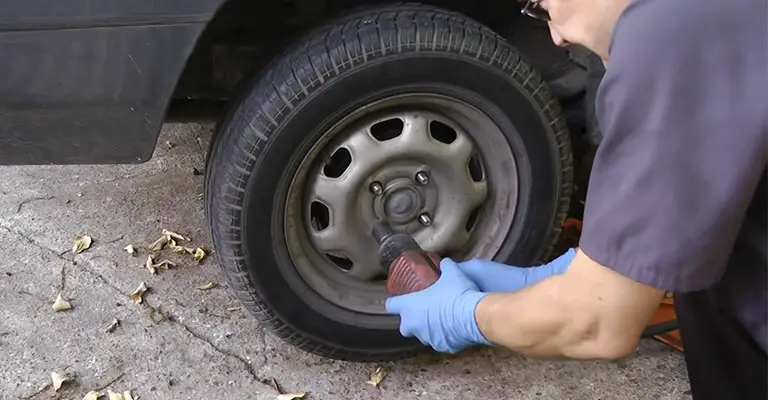
Whirring Noise from Your Car!
A whirring noise is one of the worst sounds you might hear. It comes from the brakes, and this is often a major issue. You cannot simply overlook this and continue to drive. And you should stop driving if you hear grinding noises when braking at low speeds.
The engine of the car is a complicated device. It features a large number of moving components that need air, fuel, and lubricant to function effectively. The mechanism of the car also has to be lubricated and given time to allow the oil to flow through it.
When the engine or transmission begins to whine due to excessive temperature or pressure, it’s among the most frequent noises you can notice in the car.
If your car’s gearbox makes a whirring noise, there may also be an issue with the clutch thrust bearing, the clutch itself (if it’s a manual transmission), or the shafts and gears inside the transmission.
Why Does Your Car Make Noise at Decelerating Time?
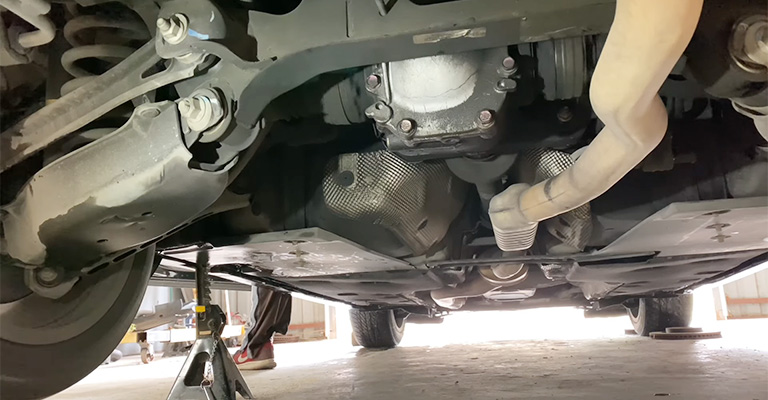
Your car produces a whirring noise when you slow down. It’s a result of the gearbox’s efforts to slow down the vehicle. A clutch is used in the gearbox to connect two gears simultaneously.
There might be a problem with the brakes causing noise while braking suddenly. Perhaps there’s a problem with your brake discs or pads.
7 Possible Reasons for Whirring Noise When Driving Slow and Their Fixes
There seem to be a number of causes for the whirring sound in your car, including improper maintenance.
You should be cautious of a variety of causes for the noises in your car. And here are a few methods for finding the noise and for solving it.
Depleted Brake Pads
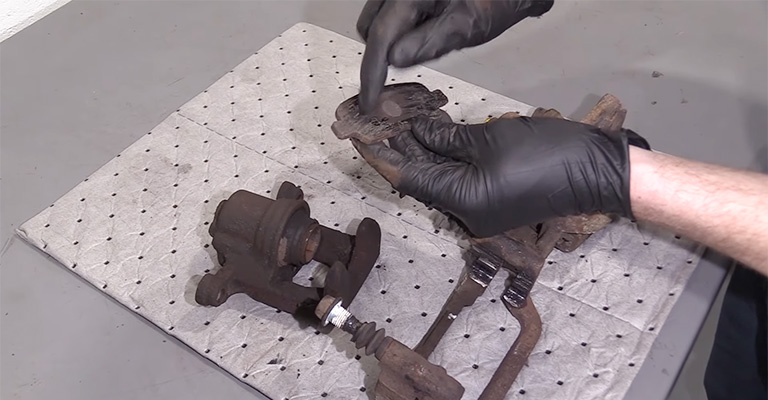
It is a significant factor in your car’s whirring noise. Your vehicle’s ability to stop can be significantly reduced by overused brake pads.
Brakes are manufactured by using different types of components. A fresh brake pad might occasionally create noises when slowing down. This suggests that the brake pad you are using is not good in quality.
Fix
To prevent this problem, you must purchase brakes from reputable suppliers.
Defective Fuel Pump
Sometimes your fuel pump may be to blame if you only hear whining noises when you are decelerating.
When a car slows down because of inadequate fuel pressure, a poor or malfunctioning fuel pump can contribute to a whirring sound.
Fix
You should replace the outdated component with an actual replacement part of superior grade from a nearby automobile manufacturing retailer.
Improper Lubrication
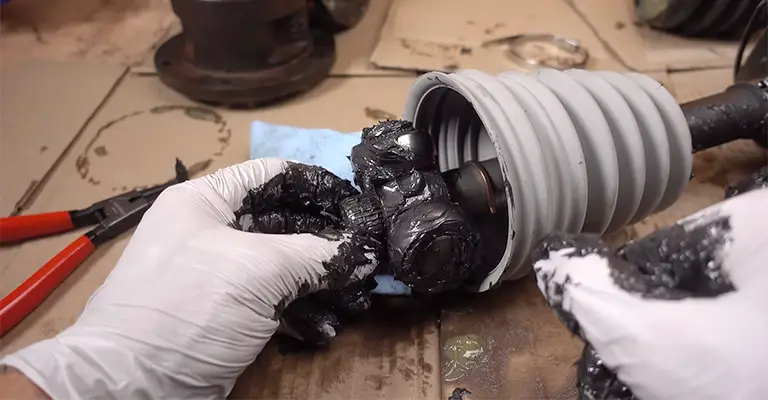
Most of the braking system parts need to be properly lubricated. The nuts and screws on the caliper must occasionally be greased.
When braking at a low speed, certain components that are not properly lubricated, make a whirring noise.
Fix
Regular lubrication on the important parts can help you to solve this issue effectively.
Engine Belt Is Faulty
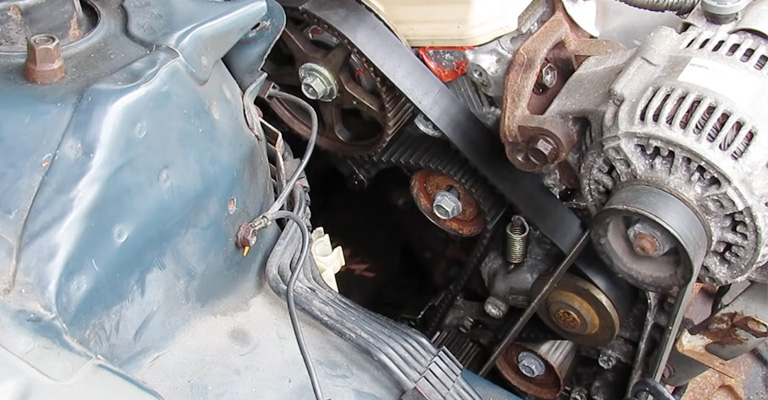
You may be experiencing a whirring sound when driving slowly due to a loose engine belt. If the noise is due to a loose engine belt, you might hear the warning while moving at a speed slower than 20 mph.
A loose pulley or a malfunctioning tensioner can also trigger this noise issue. With use, crank pulleys often become worn and shaky. So eventually, the engine belt becomes loose.
A faulty tensioner pulley can also be the reason for a loose engine belt. The tiny pulley, known as the adjuster, puts pressure on the engine belt. If no load is applied to the belt, it could become loose.
Fix
You can solve this issue by tightening the engine belt and pulley. A torque makes it simple to adjust the tensioner pulley. Even if it is broken, it is rather inexpensive to fix.
Rust
Rust grows inside the small spaces between the metal parts of the braking system. Wherever the location of the rust, it can damage your car.
Rust will accumulate if your car is left sitting in a damp or muddy location for a long period.
Fix
When you pull the brake, you will hear a disturbing sound if your rotors are rusted. When the braking pads come in contact with the rotors, the rust will disappear automatically.
The Transmission Fluid

You should always check the transmission fluid level. The dipstick’s MIN and MAX lines represent the ideal level for the majority of transmissions. If it appears to be too low, add extra liquid until it is at the right level.
Also check the transmission fluid’s condition by observing its smell, and appearance, and checking to see whether it hasn’t turned dark or brown (these colors indicate either a leaking seal or contamination).
Fix
If it is pinkish-orange or reddish-brown in color (or if there are suspended particles in the solution), you should take your automobile to a qualified auto mechanic. The color should be clear to pale yellow.
Defective Wheel Bearing
Wheel bearings can often survive hundreds of thousands of miles with proper lubrication.
But friction causes damage as a contact between both parts if the wheel bearings aren’t operating properly. When driving slowly, this will make a whirring sound.
Also, most of the time these bearings have a tendency to break. A damaged bearing may cause the noises when slowing down as well.
Fix
There might not be many defects if you catch the issues shortly. As the shortage of lube is frequently the root of this problem, you may lubricate the joints by adding grease, and your car should function normally.
Frequently Asked Questions
What components of the braking system need to be lubricated?
All the moving parts of the braking system, like the pins, caliper sliders, and bushings, the interface points where the brake pads glide inside the caliper body, locking calipers, and connection, all require lubrication in order to function properly.
Conclusion
There are a few techniques you can apply to figure out why your car makes a whirring noise when you slow down or drive slowly. When you identify the issue, you have the option of doing the repairs yourself or hiring a professional. It will be convenient not to drive further unless you figure out all the issues.
Leave a Reply